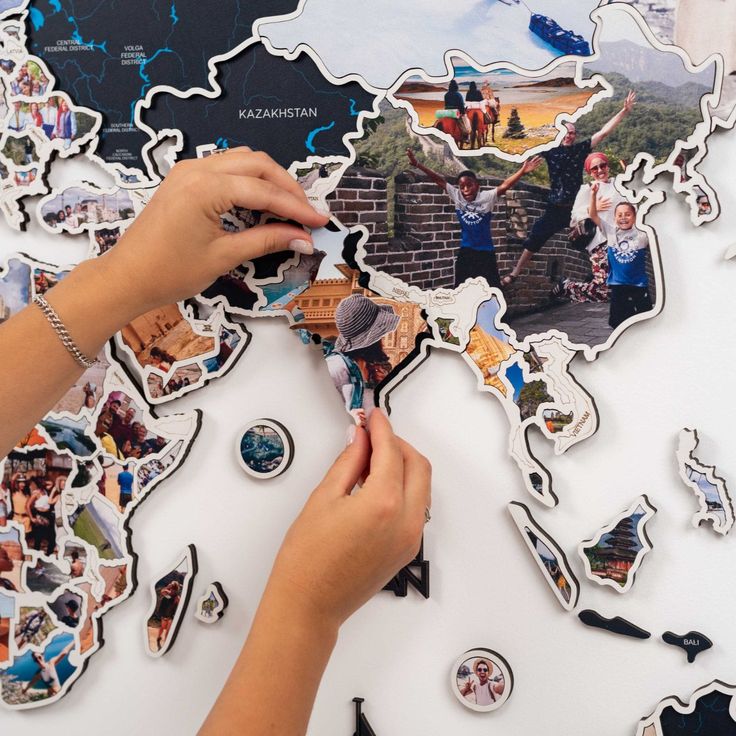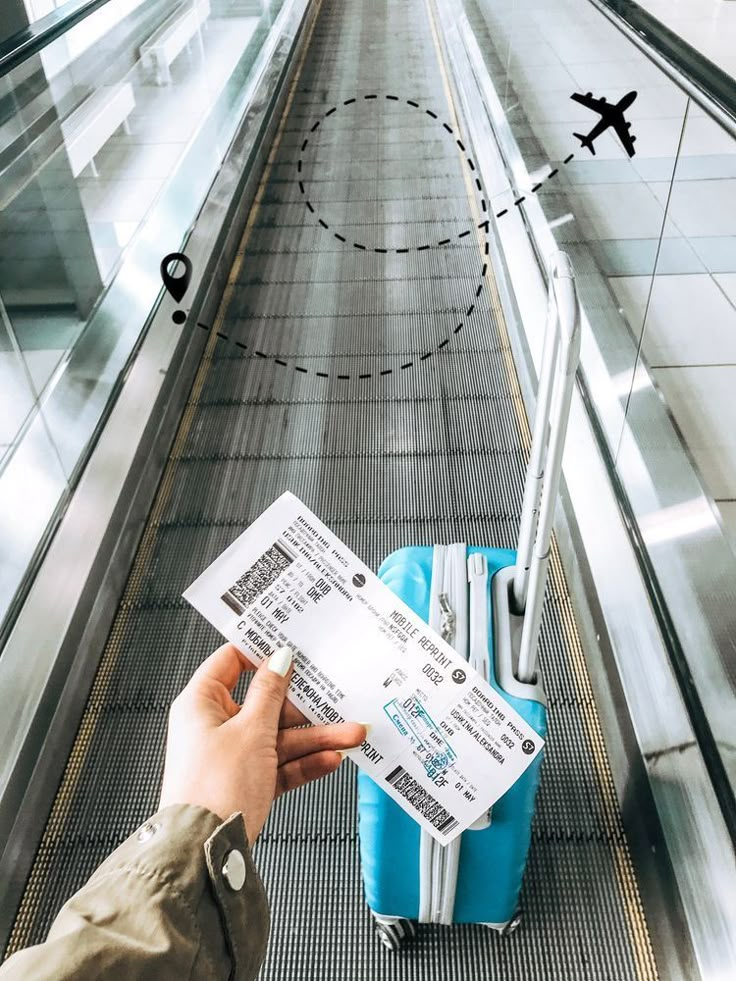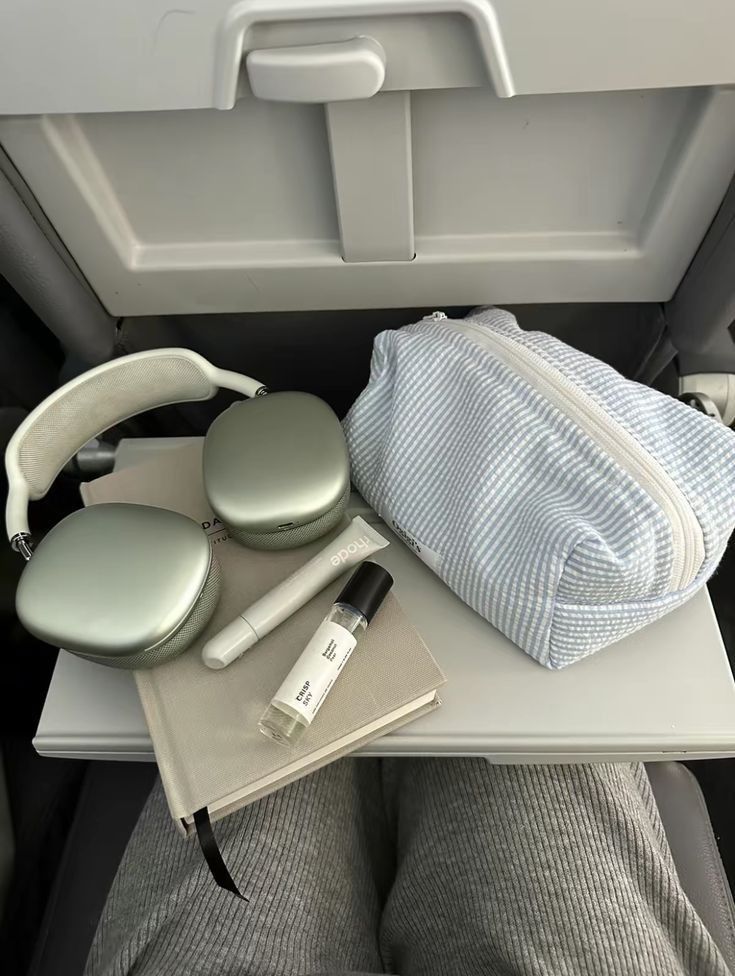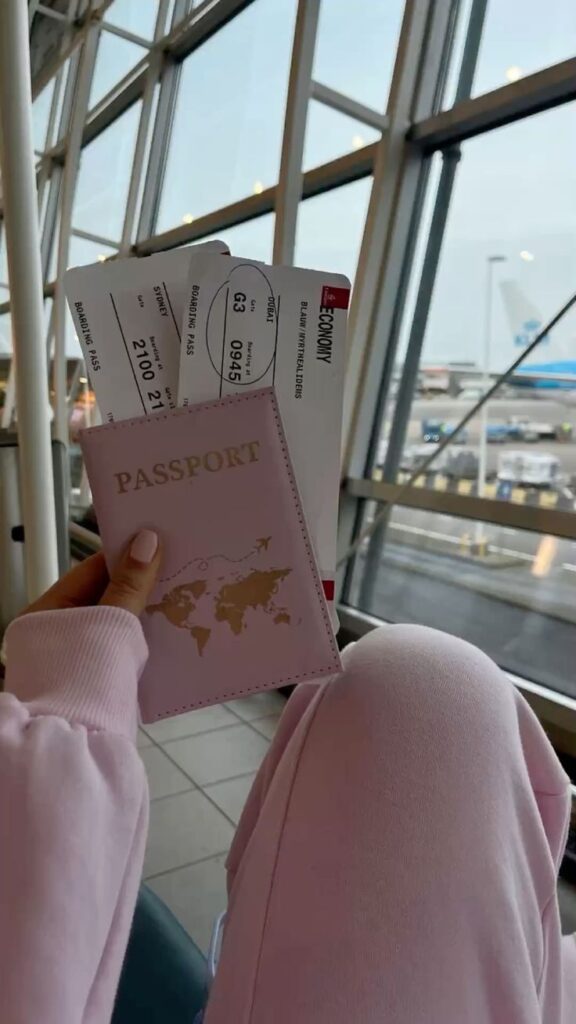Planning a vacation can feel overwhelming, but it doesn’t have to be. With a bit of organization and a clear plan, anyone can create a trip filled with memorable experiences. The key to successful vacation planning is breaking down the process into manageable steps, from choosing a destination to setting a budget, and making an itinerary.
Researching destinations can spark excitement and help travelers discover hidden gems that might otherwise be overlooked. It’s also important to consider personal preferences and travel styles, as this will ensure the trip is enjoyable and tailored to individual needs.
Creating a budget is crucial, as it allows for a realistic view of what can be achieved during the trip. With careful planning, individuals can maximize their enjoyment and make the most of their time away.
Setting Your Vacation Goals
Establishing clear vacation goals will enhance the travel experience. It allows for better planning and enjoyment, ensuring all aspects align with expectations.
Determining Your Budget


Budgeting is the first step in planning any vacation. Travelers should assess their finances to set a realistic spending limit.
To determine the budget, consider:
- Accommodation costs: Hotels, vacation rentals, or hostels.
- Travel expenses: Flights, car rentals, or public transport.
- Daily expenses: Food, activities, and souvenirs.
Creating a spending plan helps prioritize experiences and make informed choices. It’s also wise to allocate a small buffer for unexpected expenses. A clear budget fosters a more enjoyable trip without financial stress.
Choosing Your Destination


Selecting a destination is a pivotal moment in vacation planning. Personal interests, seasonal weather, and travel restrictions influence this choice.
Key factors to consider include:
- Activities available: Beaches, mountains, cultural sites, or amusement parks.
- Distance and travel time: Proximity can save time and costs.
- Travel restrictions or safety concerns: Always check for advisories.
Creating a list of potential destinations based on preferences can help narrow down options. Researching various places and their unique offerings ensures the selected location aligns with vacation goals.
Deciding the Length of Your Trip


The duration of the trip significantly impacts planning and experiences. A well-thought-out length allows ample time to relax and explore.
Consider these elements:
- Available vacation time: Work schedules, personal commitments, and other obligations can dictate time off.
- Travel time: Longer rides or flights can affect how much time is left for enjoyment.
- Activities planned: Some destinations require more time for full exploration.
As part of this planning, it’s also smart to think about staying connected abroad, understanding how does a esim work can help you choose a flexible option for mobile data without the hassle of buying local SIM cards.
Balancing these factors helps establish a trip length that maximizes relaxation and adventure. A thoughtful approach leads to a satisfying travel experience.
Stay connected hassle-free on your trip by setting up an eSIM card, so you can skip searching for local SIMs and enjoy smooth travel planning.
The Planning Process
Planning a vacation requires careful organization and attention to detail. Key areas to focus on include booking transportation, finding suitable accommodations, planning activities, and packing essentials. Each of these steps plays a vital role in ensuring a smooth and enjoyable travel experience.
Booking Transportation


Transportation is the first building block of any trip. Travelers should start by deciding whether they prefer flying, driving, or using trains.
For flights, comparing prices on various platforms helps identify the best deals. Search engines like Google Flights or Kayak often provide real-time pricing and flexibility options.
For road trips, planning the route is essential. Utilizing navigation apps enables efficient travel. For train travel, booking in advance can lead to significant savings.
Tip: Consider using public transport options once at the destination. This option can enhance the local experience and often saves money.
Finding Accommodations


Choosing the right place to stay is crucial. Travelers need to define their preferences—budget, amenities, and location.
Types of accommodations include:
- Hotels
- Hostels
- Vacation rentals
- Bed and breakfasts
Websites like Booking.com and Airbnb offer diverse options tailored to different budgets. Checking reviews on platforms like TripAdvisor gives insights into the quality and service of accommodations.
Important: It is wise to confirm the booking policy, including cancellation rules, before finalizing any reservation.
Planning Activities and Itinerary


Creating a well-structured itinerary enhances the vacation experience. Travelers should list desired activities based on interests, such as sightseeing, dining, or outdoor adventures.
Considering the location and local culture can enhance planned activities. Research beforehand allows for discovering unique experiences like festivals or local tours.
Suggested itinerary components:
- Morning activities (e.g., museums, parks)
- Afternoon excursions (e.g., shopping, lunch spots)
- Evening plans (e.g., shows, dining)
Flexibility is vital. While a plan helps in maximizing time, leaving space for spontaneous experiences can create memorable moments.
Packing Essentials


Packing efficiently is crucial for a hassle-free vacation. Start by creating a checklist based on the trip’s activities and duration.
Essentials include:
- Clothing appropriate for the climate
- Toiletries and personal care items
- Electronics, including chargers and adapters
Using packing cubes can help organize luggage and maximize space. Tip: Roll clothes instead of folding them to save room.
Don’t forget travel documents, medications, and any necessary items for specific activities, like hiking or swimming.
By paying attention to these steps, travelers can ensure a well-planned vacation that meets their expectations.
Conclusion


Planning a vacation can be an exciting journey in itself. It allows individuals to escape their daily routines and explore new destinations.
Consider the following key points:
- Determine the Type: They should decide what kind of vacation they desire, whether it’s relaxation, adventure, or family bonding.
- Set a Budget: Establishing a budget early helps manage expectations and expenses.
- Research Destinations: Identifying potential places of interest will guide their itinerary.
As they plan, flexibility can enrich the experience. Unexpected discoveries often become the highlight of the trip.
Keeping a checklist may also prove beneficial. It can help ensure they do not forget essentials like:
- Travel documents
- Medications
- Comfortable clothing
Encouragement to share experiences can inspire others. When they return, discussing their journey may motivate friends or family to plan their own adventures.
By focusing on these elements, they create a memorable vacation tailored to their preferences. Proper planning often leads to enjoyable experiences that last a lifetime.
- 198shares
- Facebook0
- Pinterest198
- Twitter0
- Reddit0


